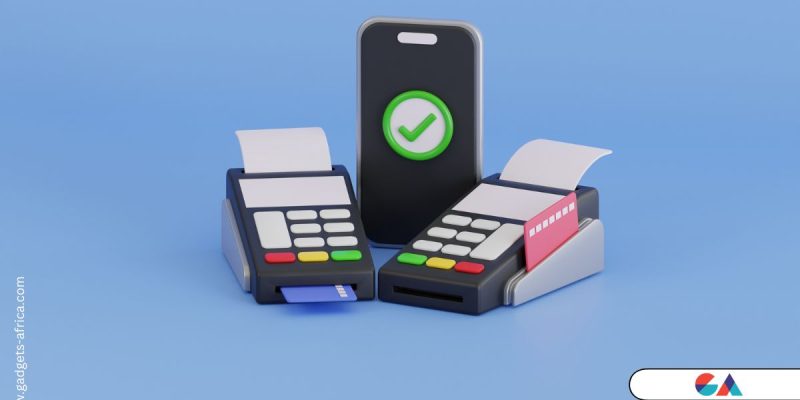The Central Bank of Kenya (CBK) has announced a significant milestone by successfully migrating the Kenya Electronic Payment and Settlement System (KEPSS) to the ISO20022 Global Messaging Standard. This transition is part of Kenya’s ongoing efforts to modernize its Real-Time Gross Settlement (RTGS) system, which processes large-value and time-sensitive transactions. Over the past year, KEPSS has handled over 5.3 million transactions valued at more than Ksh. 45 trillion in local currency, underscoring its critical role in the country’s financial ecosystem.
Benefits of ISO20022 Migration
The adoption of ISO20022 offers several advantages, including faster settlement times, streamlined processing, and improved liquidity management for financial institutions. Thanks to the enhanced data formats that aid in detecting illicit activities, Kenya’s payment system will be better equipped to monitor and prevent fraudulent transactions.
Moreover, ISO20022 improves interoperability between domestic and international payment systems, facilitating easier cross-border transactions. This development positions Kenya as a globally competitive payments destination, aligning with CBK’s vision of making the country a key player in the global financial landscape.
Supporting Kenya’s National Payments Strategy
This migration is a critical step in implementing the National Payments Strategy 2022-2025, which aims to modernize the country’s payment infrastructure. In addition to KEPSS, CBK has also directed the migration of the Cheque Clearing House to ISO20022. Banks have been instructed to provide their customers with necessary support during this transition, ensuring seamless service.
The CBK remains committed to continuous improvement in the National Payments System (NPS) to meet the evolving needs of the Kenyan economy. By adopting ISO20022, Kenya joins a growing list of regional and global economies implementing this advanced standard for large-value payments, further strengthening its role as a global financial hub.






If you’re looking for a fun and educational game, World Guesser is the one to try! It’s super entertaining and informative.